That Sudden Sinking Feeling
Let’s set the scene: you’re heading out for a casual walk. Maybe just a stroll to clear your head, maybe a run because you (reluctantly) decided to get some cardio in. And all of a sudden—bam. Your legs start to feel… heavy. Like, unexpectedly heavy. Almost as if you strapped on a couple of invisible ankle weights and totally forgot about it. I know that feeling all too well—one minute you’re walking, the next you’re internally groaning about how hard each step feels in your jeans.
This isn’t just annoying. It messes with your plans, your mood, and honestly, makes you start questioning whether you’re getting older (or just out of shape). If you’re anything like me, you’ve had at least one day where you totally bailed on an evening walk because your legs felt like literal tree trunks. But what’s actually going on? Why do my legs feel heavy, and is it something you should just shrug off, or is your body dropping hints you shouldn’t ignore?
What’s Going On Here?
Let’s get right into it—for real, without the boring textbook intro. Ask yourself: when do you feel this heaviness? Is it after exercise, at the end of a long day, or even first thing in the morning? Because that detail can make a world of difference.
Blame Your Circulation (…Sometimes)
For a lot of us, heavy legs start with circulation. Think about it: your legs are literally the farthest point from your heart. Gravity is not on your side here. If your veins aren’t pumping blood efficiently back up where it belongs, blood can pool—instead of flowing—making you feel like you’re dragging sandbags around. Fun, right? Not so much.
One of the most common culprits? Varicose veins. You’ve probably seen them (maybe even on your own legs—no shade). These swollen, twisty veins show up when the one-way valves inside your veins start to give up. Suddenly, blood is pooling in all the wrong places, leading to that classic, “why do my legs feel heavy and weirdly tired” feeling according to research on circulation and heavy legs from Healthline.
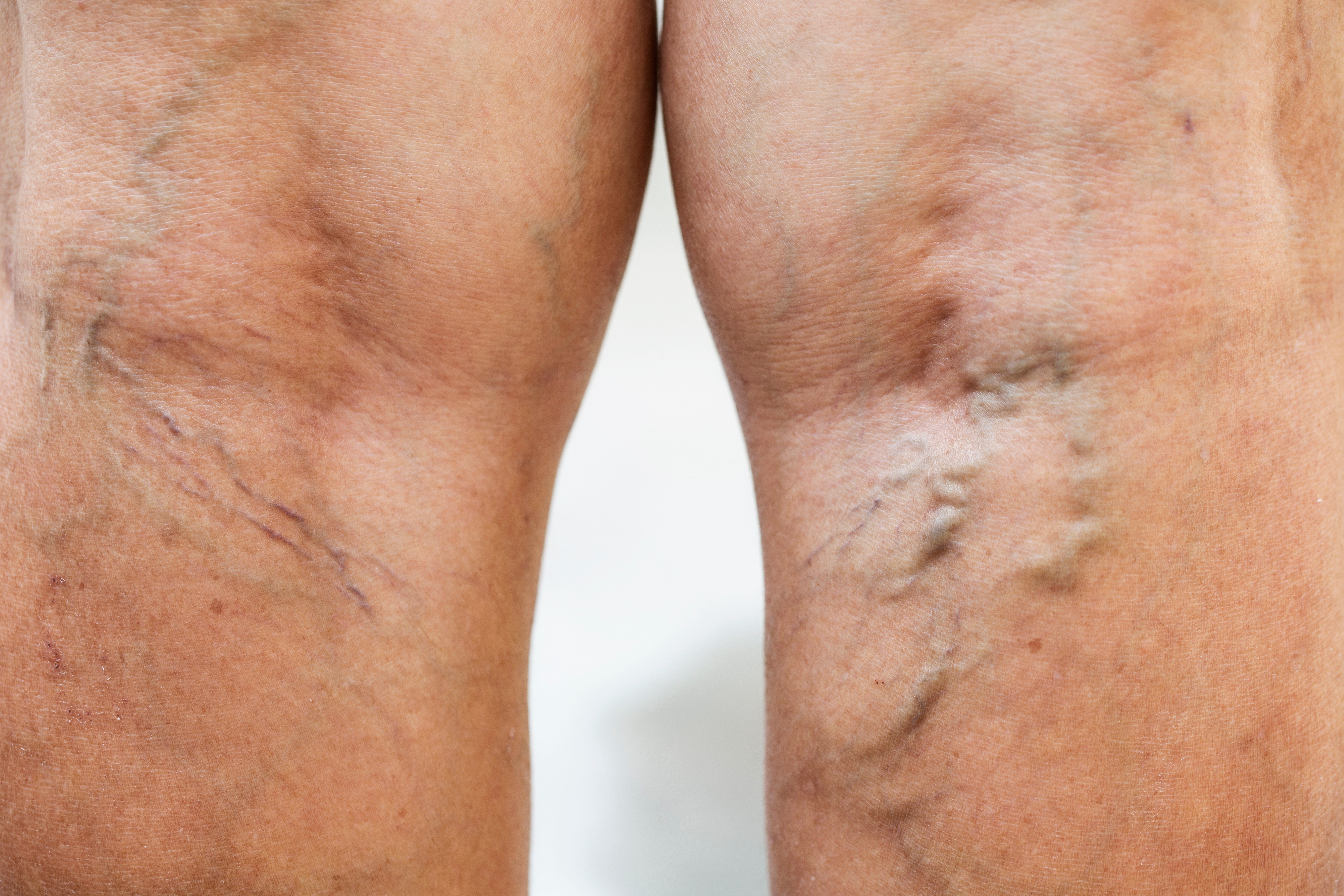
And it gets even better (sarcasm): Up to 23% of adults in the U.S. can have varicose veins as they age! So if your family sport is “comparing who has the bumpiest calves,” you’re definitely not alone.
Everyday Hints You’ll Notice
- Your legs swell more at the end of the day (hello, sock lines).
- Veins you didn’t even know existed suddenly stand out, especially after you’ve been on your feet for hours.
- Aching or cramping after sitting or standing too long?
A quick story here—I have a friend, Anna. She’s a nurse, so her job means standing all. day. long. For a while, she brushed off the achiness, thinking, “That’s just what happens when you work twelve-hour shifts.” Turns out, it was early varicose veins. She only found out when she noticed her legs swelling more than her coworkers. A little proactive treatment made a massive difference. The moral: don’t chalk everything up to being tired. Sometimes your body is asking you for help!
If you suspect your veins are to blame, it’s worth checking out Why do my legs feel heavy and weak for a more in-depth look at what else could be going on behind the scenes.
Exercise Can Be a Double-Edged Sword
Okay, so you finally commit to that new workout—maybe you even go super hard (look at you, overachiever). But then, boom: by the time you’re done, even walking down the stairs is a struggle. Sound familiar? Why do my legs feel heavy after trying to be healthy? You’re not imagining it. Sometimes, the very thing that’s “good” for you can leave your legs feeling totally thrashed.
This is often just the classic one-two punch of muscle fatigue and overtraining. When you push your muscles more than they’re used to, they burn through oxygen, their energy stores get zapped, and waste products like lactic acid build up. The happy result? Your legs complain… a lot.
It’s a little like trying to do a second load of laundry with an already full machine—eventually it just… doesn’t. (Guilty.) Sometimes, a day off is really what the universe—and your calves—are asking for.
When Resting (or Moving) Hurts
- If walking, running, or even stretching leaves you sore for days, check your recovery routine. Are you giving your body a break?
- Have you gone from “zero to marathoner” overnight? Slow it down, speed demon.
If you want a real-life horror story: Once, after a way-too-enthusiastic attempt at a “leg day” (why do I never learn?), I couldn’t get off the couch for 48 hours without grunting. It was equal parts tragic and hilarious—but a good reminder that pacing matters. Seriously, if you’re sitting there texting about why do my legs feel heavy, maybe take a rest day instead?
Could It Be Dehydration?
Wait, did you drink anything today besides coffee? Be honest. Hydration is so boring, but it’s the worst when you skip it. Not only does everything feel harder, but even healthy legs can go from “no problem” to “nope” when water’s missing.
See, when you’re dehydrated, your blood thickens up a bit, making it even more of a slog for your heart to pump it down to your toes and back. That means less oxygen, more fatigue, and—you guessed it—legs that feel like they’re auditioning for a brick-laying contest.
Dehydration and Electrolytes—Small But Mighty
- Drinking enough water is obvious, but missed electrolytes (think: potassium, magnesium, sodium) can sneak up on you—especially after sweating it out.
- Ever tried walking up stairs after a hot day and felt like gravity multiplied? Probably dehydration talking.
One time, while hiking with my sister, we both ran out of water. (We were sure there was a creek ahead. There wasn’t.) The last couple miles felt endless. If your legs feel heavy and you’ve barely hydrated, it’s worth trying a big glass of water, and maybe a snack with potassium (hello, banana!).
Everyday Habits Making It Worse
Are You a Marathon Sitter… Or a Champion Stand-er?
Spoiler: neither is perfect. If you spend hours at a desk or standing behind a counter, you’re basically inviting gravity to have a field day with your legs. Blood collects, oxygen struggles to get delivered, and—yep—your legs get tired and heavy.
Poor circulation is particularly sneaky because it’s caused by both ends of the movement spectrum: too much stillness or too much standing. Sometimes, you just can’t win. But small adjustments—like flexing your feet, even wiggling your toes, or taking the long way to the bathroom (yes, really)—can help.
Risk Factors Hiding in Plain Sight
- Getting older? It happens to everyone, but it makes circulation trickier.
- Carrying extra weight, or spending years in a job that locks you in place? Both up your odds.
- Family history is a major player—you can’t change your DNA, but you can outsmart it.
I once swapped my basic dining chair for one of those bouncy exercise balls at my desk for a week. My legs felt so much better just from all the fidgeting—I can’t say the same for my cat, who hated it. The point is, tiny tweaks to break up stillness matter more than you’d think.
If you want specifics about circulation issues or more on the root causes, peep Why do my legs feel heavy and weak. Sometimes, it really helps to see what other people went through too.
Is It Something More Serious?
There’s a fine line here—most heavy legs are annoying but not dangerous. Still, sometimes, your body’s waving a bigger red flag. For example: chronic venous insufficiency (CVI) or peripheral artery disease (PAD).
With CVI, your veins struggle to send blood back “uphill” to your heart. The result: swelling, cramping, and a load of pressure that doesn’t let up, especially if you leave it untreated. PAD is another tricky one; it’s when the arteries (the big highways taking blood from the heart to your legs) narrow, usually thanks to plaque build-up. PAD heaviness is often worse when you move and eases up when you rest—which, confusingly, can make you want to be less active, not more.
Sudden or one-sided heaviness? Discoloration or—yikes—skin wounds that won’t heal? Even numbness? Don’t ignore it. Catching things early gives you way more options for treatment for heaviness in legs that aren’t invasive… and can make everyday life way easier.
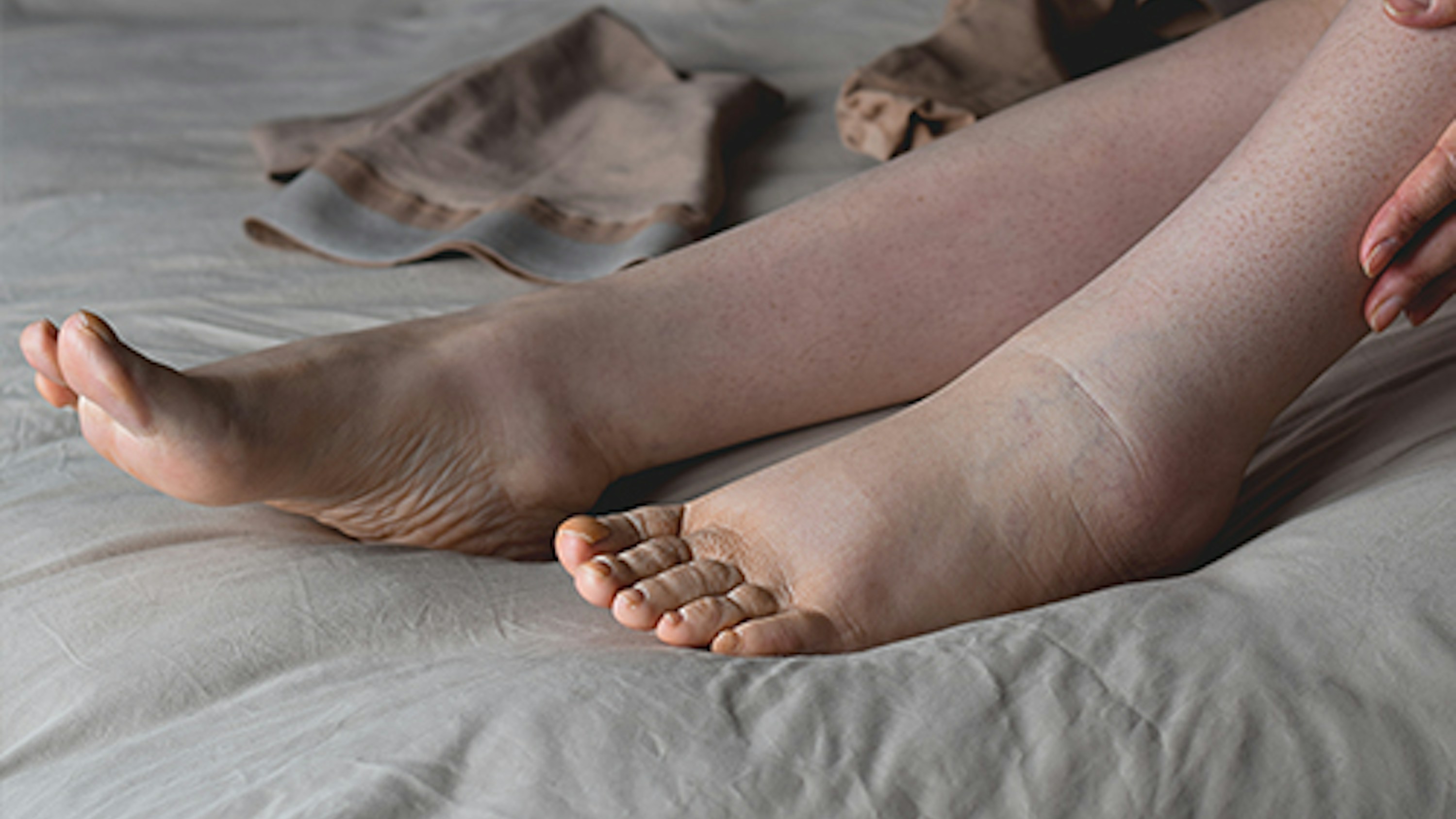
Little Fixes That Work Wonderfully
Easy Changes, Big Results
Not everything about heavy legs requires a doctor and a stack of prescriptions. Sometimes, simple lifestyle tweaks are the real MVPs. If you start with these, you might be pleasantly surprised by how much better your legs start to feel.
| Remedy | How It Helps | Best Time |
|---|---|---|
| Elevate your legs | Lets gravity pull blood back up, drains swelling | After a busy day or before bed |
| Compression socks or leggings | Gently squeezes veins to assist blood flow | If you’re on your feet (or sitting) for hours |
| Gentle activity | Keeps blood and oxygen moving without strain | Throughout the day, mini walks |
| Warm bath or soak | Relaxes muscles, boosts circulation | Evening wind down |
I have a neighbor who swears by propping up her legs nightly with a pillow—the difference she felt in just a week? Kind of amazing. I added a little footrest under my desk and noticed fewer “ouch” moments at the end of the day. Sometimes it’s the littlest changes that stick.
Don’t Forget Your Mindset, Too
Let’s be honest—body issues mess with your head. It’s frustrating when your energy’s sapped by something as basic as walking. It might tempt you to skip movement altogether. But, keeping things gentle—like a neighborhood stroll, or a mini stretch break—can actually help you beat those “lead leg” feelings. And if you’re really stuck, or it’s been weeks, the pros have fixes that can get you back on track. Check out the latest in treatment for heaviness in legs.
When To Get Help (Seriously, Don’t Wait)
Red Flags You Can’t Ignore
If that heavy feeling is always one-sided, you notice severe pain, wounds that won’t heal, or sudden color changes, it’s time to pay a visit to your doctor. The same is true if things are steadily getting worse instead of better, despite your best “google doctor” efforts. Sometimes, your legs are just telling you: “Hey, can we get some professional help over here?”
And honestly, it can make all the difference. Sometimes, all it takes is a simple test and you’ll have an answer, plus a game plan (and a lot less worry on those morning walks).
Read up more on treatment for heaviness in legs—there are so many new approaches, you’re sure to find something that fits your routine and lifestyle.
Let’s Wrap This Up—You’ve Got This
If you’ve ever paused mid-step and thought “why do my legs feel heavy?”—take heart. It’s usually a combo of things: tired veins, long days, maybe overdoing it (or… ahem, under-hydrating). Sometimes it’s a sign to slow down, sometimes it’s a nudge to shake things up. Start with the easy stuff—rest, move more gently, prop up your feet—and see what changes. Listen to your body, and don’t brush off signals that linger or get worse. Catching little problems early saves you big headaches down the road. And remember, you’re not alone here—almost everyone deals with heavy legs at some point, whether from standing at a concert or hiking that “easy” trail (never trust “easy”).
So, be kind to your legs. Give them a little extra love today—even if that just means kicking back, drinking some water, and bingeing your favorite show with your feet up. What’s one thing you’ll try this week to lighten the load? Drop a thought, or tell a friend. Your future self—and your legs—will absolutely thank you. Here’s to moving a little lighter. You got this!

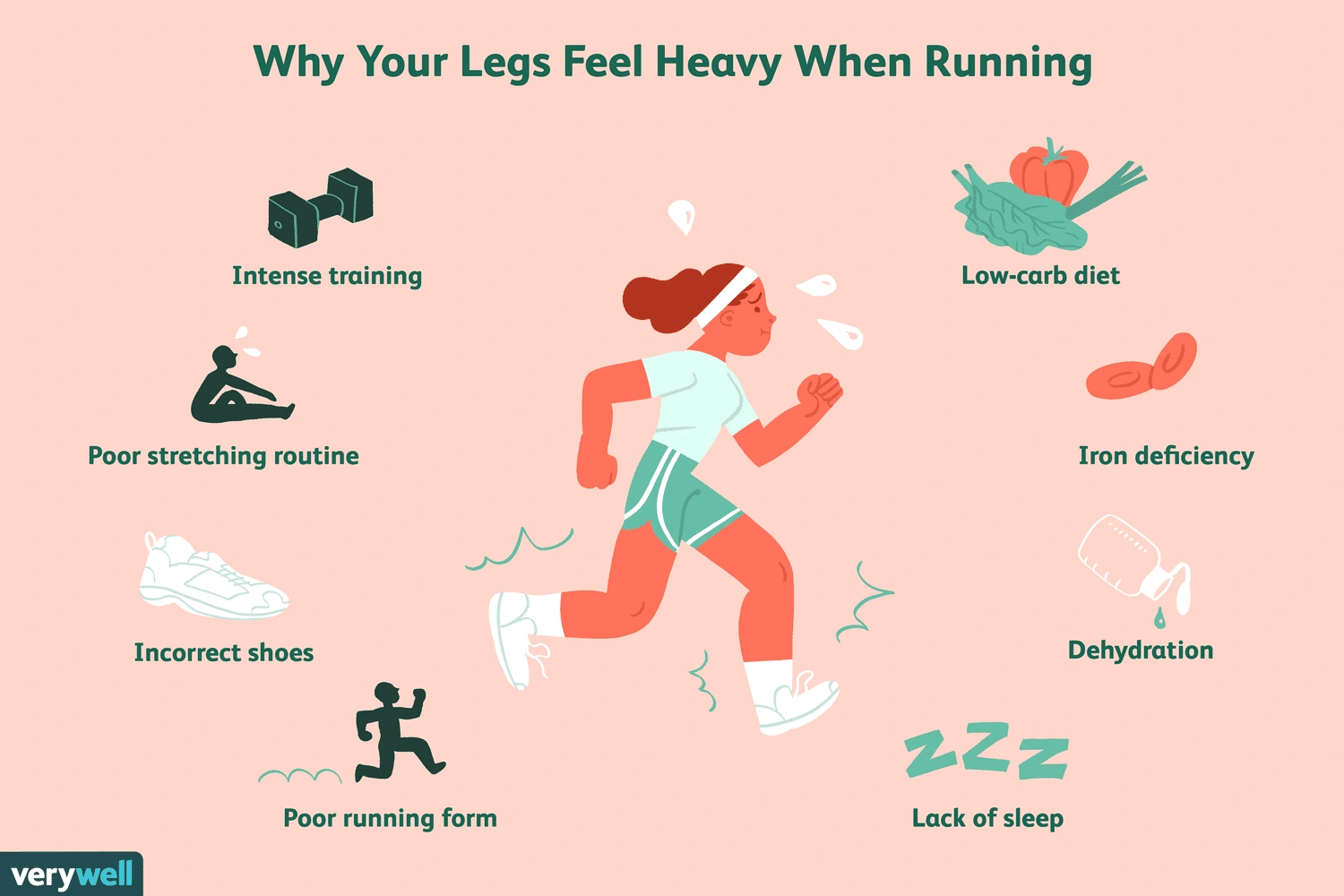
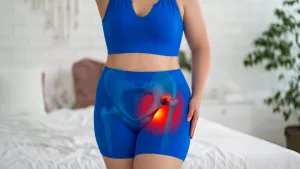
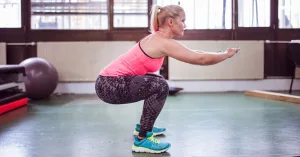
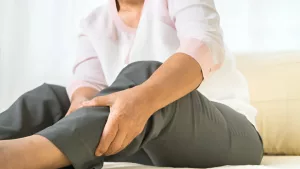

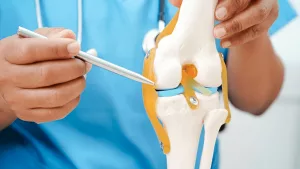
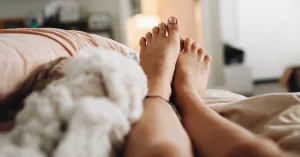

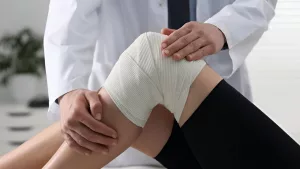





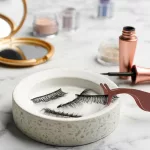


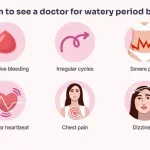

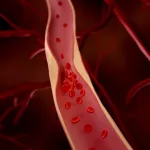




Leave a Reply
You must be logged in to post a comment.